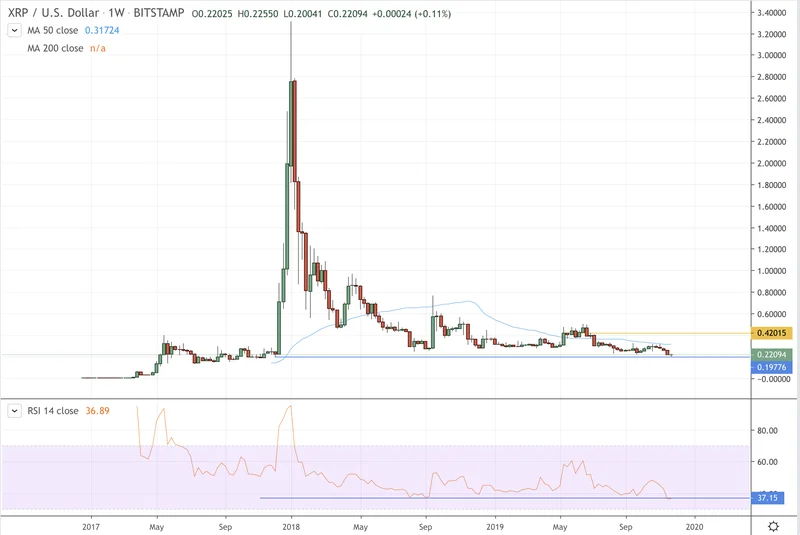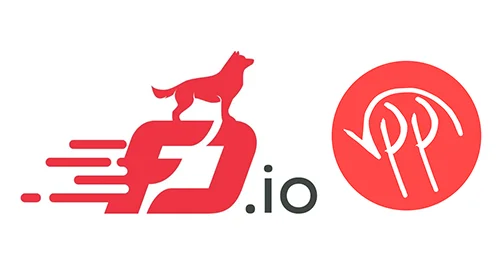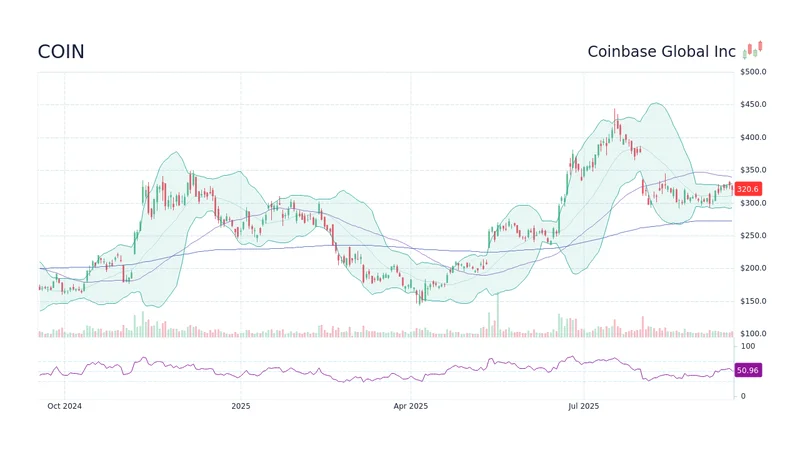FICO's Latest Scheme Sends Stock Soaring: What It Actually Means and Who Pays the Price
So, FICO is letting mortgage lenders buy its magic numbers directly now. The press release, offcourse, is a masterwork of corporate poetry. It’s all about “competition” and “price transparency” and “eliminating unnecessary mark-ups.”
Give me a break.
You read that and you’re supposed to imagine some benevolent god of finance, Will Lansing, looking down from his FICO-branded Mount Olympus and deciding to bless us mortals with a slightly less-crushing mortgage process. His stock shot up 26% in a day. The stocks for the three stooges of data—Experian, Equifax, and TransUnion—promptly took a nosedive.
If you think those two things are a coincidence, or that this is about making your life easier, I have a portfolio of NFTs to sell you.
Same Protection Racket, Different Boss
Decoding the Corporate Doublespeak
Let’s translate Lansing’s little soundbite, shall we? He said, "This change eliminates unnecessary mark-ups on the FICO Score and puts pricing model choice in the hands of those who use FICO scores to drive mortgage decisions."
Here’s the Nate Ryder translation: “We’re tired of the credit bureaus, who are also our direct competitors, taking a huge cut of our action. So we’re cutting them out. We’re going to sell our product directly to the customer and keep the whole bag. Oh, and we’ll dress it up as a win for the little guy, because our PR team isn’t stupid.”
The analysts at Raymond James, bless their cold, honest hearts, put a number on it. They said this move lets lenders skip the “about 100% markup the credit bureaus currently charge.” A one hundred percent markup. For years, the bureaus have been acting as the world’s most expensive middlemen, buying a score from FICO and then basically doubling the price before handing it to a lender.
This is the system that decides if you get to own a home. It’s not a system. It’s a protection racket.
And now, FICO is just changing who the muscle is. This isn't reform. This is a turf war.
Who Needs Data Suppliers When You Can Just Gut Them?
The Ghost in the Machine
To understand what’s really happening, you have to look at the backstory. This whole mess started because the bureaus got greedy and a little too smart for their own good. See, for decades, FICO was the only game in town. The name was synonymous with credit scores.
Then, back in 2006, the three bureaus—Equifax, Experian, and TransUnion—decided they didn’t just want to be data mules for FICO. They wanted to be the scorekeepers, too. So they teamed up and created their own rival product: VantageScore.

Think about that for a second. The companies that collect all your data, the data FICO needs to create its score, decided to launch a direct competitor to FICO. It’s like if the people who own all the dairy farms decided to start their own ice cream brand to compete with Ben & Jerry’s. It creates a… conflict of interest, to put it mildly.
For years, it didn’t matter much. FICO was the beast. But then the government got involved. The Federal Housing Finance Agency (FHFA), and its director Bill Pulte, started making noise. Pulte had publicly chewed FICO out over its pricing before. Then the FHFA dropped a bomb: it announced it would let lenders use VantageScore for Fannie Mae and Freddie Mac mortgages.
Suddenly, the bureaus’ little side hustle became a legitimate threat to FICO’s monopoly on the mortgage market.
So what did FICO do? It fought back. This new direct-to-lender model is a beautifully cynical piece of corporate judo. FICO is using the FHFA’s own logic against the bureaus. The FHFA wants “competition”? Fine. FICO will introduce some real competition—by kneecapping the bureaus and going straight to their customers. It’s a move so perfectly passive-aggressive it’s almost admirable. They even got Pulte to praise them for their “creative solutions.” He’s probably thrilled. He gets to look like a crusading regulator, all while two corporate titans just bleed each other out.
This is a bad move for the bureaus. No, ‘bad’ doesn’t cover it—this is a five-alarm dumpster fire for them. The analysts at Jefferies think this could carve out 10% to 15% of their earnings. Citigroup just flatly called it “negative.” And what did the bureaus have to say? TransUnion declined to comment. Experian and Equifax just… didn’t respond. Silence. The kind of silence you hear right after a car crash.
Welcome to the Nosebleed Seats of a Corporate Title Fight
So, What About Us?
This is the part of the story where I’m supposed to tell you what this means for you, the person just trying to buy a two-bedroom condo without selling a kidney. The honest answer? Probably not a damn thing.
Maybe, maybe, a few bucks get shaved off the closing costs of your mortgage. The lender saves some money on buying your FICO score, and in a fantasy world where corporations are your friends, they pass those savings on to you. But we don’t live in a fantasy world. We live in a world where my internet bill just went up 10 bucks for no reason other than the calendar flipped over to a new month. That’s my little thought leap for the day—the sheer audacity of these monopolies. They just decide you owe them more money, and you do.
The fundamental problem ain't the markup. The problem is the score itself. It’s a black box. A secret algorithm owned by a private, for-profit company that holds the keys to your financial life. Its judgment is absolute, its logic is opaque, and appealing its decision is a bureaucratic nightmare designed to make you give up. This move doesn’t change any of that. It just changes how the profits from that black box are distributed among a handful of giant corporations.
We’re just spectators watching a heavyweight title fight. FICO landed a nasty body blow on the bureaus. The crowd goes wild. The stock tickers flash green and red. And we’re still sitting in the nosebleed seats, paying too much for a hot dog and hoping we don’t get hit by any stray blood.
Maybe I’m being too cynical. Maybe this is the first domino to fall in a long chain of events that leads to a fairer, more transparent system. Maybe this is a small win, a tiny crack of light in a dark room.
Then again, maybe I’m the crazy one for even entertaining the thought. These companies have spent decades building a system that benefits them, and one little squabble over markups isn’t going to change their nature. They expect us to cheer for this, and honestly…
Same Monsters, New Masks ###
Let's be real. This isn't a victory for consumers. It's a boardroom knife fight that spilled out into the open. FICO just reminded the credit bureaus who really runs the show. The system that treats you like a three-digit number on a spreadsheet is still fully intact, it's just a little cheaper for the banks now. Don't pop the champagne.
Reference article source:
Related Articles
Emma Stone's Plastic Surgery Speculation: An analysis of the photos and the data behind the rumors
The public appearance of a high-value asset always generates data. On September 30, 2025, that asset...
The UK's Pension System Glitch: Why This Critical Flaw Signals a Coming Reboot for Finance
It started, as these things often do, with a whisper. A rumor, carried on the digital wind, that the...
XRP Price: The Forecast and What the Recent Volatility Really Means
The Great XRP Stress Test: Why the Crash Wasn't an Ending, But a Beginning It felt like the floor fe...
The OpenVPP & SEC Controversy: What Really Happened and What It Means for Crypto's Future
It started, as so many stories do now, with a single image posted to the digital town square. A phot...
Coinbase Stock's Sudden Rally: What's Behind the Jump and Why You Shouldn't Buy the Hype
Let’s get one thing straight. The war is over. Coinbase won. For years, we watched the SEC, led by i...
TransUnion Data Breach: What Happened and How to Freeze Your Credit
The number, when it finally arrived, was 4.4 million. On August 28, TransUnion, one of the three pil...





